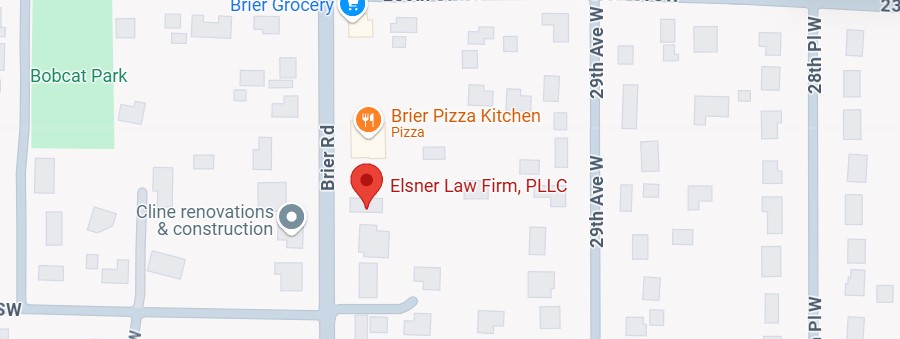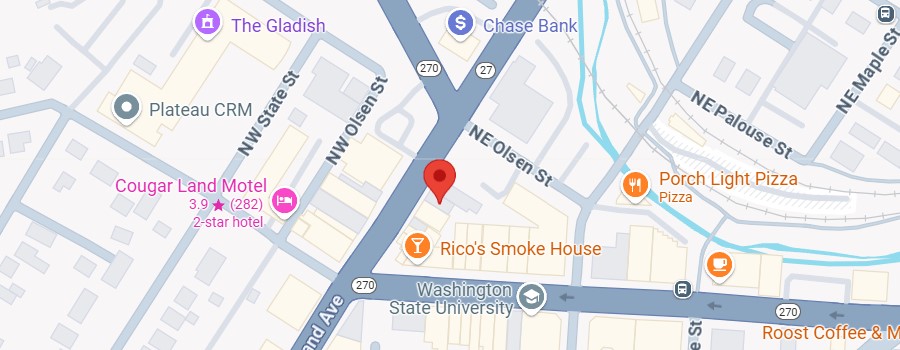Personal Injury Insurance (“PIP”)
Personal injury protection insurance (“PIP”) is a no-fault insurance benefit that you can add to your policy. PIP pays for certain benefits regardless of who is at fault in the collision. PIP can be used by the driver, any passenger, bicyclists, and pedestrians. By law, your insurance company must offer you the minimum benefits as well as the maximum benefits.
For medical treatment, you can purchase $10,000 up to $35,000 of coverage.
For wage loss, you can purchase a policy that provides a minimum of $200/week up to $10,000 or up to $700/week for a total of $35,000.
For loss of services, you can purchase a minimum of $200/week up to $5,000 with the option of $200/week up to a total of $14,600.
PIP policies also provide for funeral Services of $2,000.
Medical, wage loss and funeral services are self-explanatory. Loss of services includes such things as paying someone to take care of your home or yard and other similar tasks that you cannot complete because a doctor limits your activity. You must seek reimbursement from your insurance company for the loss of service benefits. Most medical providers that accept PIP insurance will bill your insurance for you. If you incur medical expenses that your medical provider does not pay, you can still submit them to your insurance adjuster to seek reimbursement.
Wage loss can be a bit more complicated if you are self-employed. People that are self-employed can prove their loss of income multiple ways. Among the ways to prove income loss include: tax returns, canceled appointments, and the expense of hiring someone to cover your work while you are unable to work. It’s very important for a self-employed person to keep very good records since insurance companies often heavily dispute wage loss for self-employed people.



